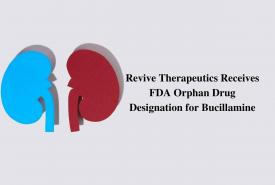Heart attack survivors may be less likely to develop Parkinsons disease
People who have had a heart attack may be slightly less likely than people in the general population to develop Parkinsons disease later in life, according to new research published today in the Journal of the American Heart Association, an open access, peer-reviewed journal of the American Heart Association.


















